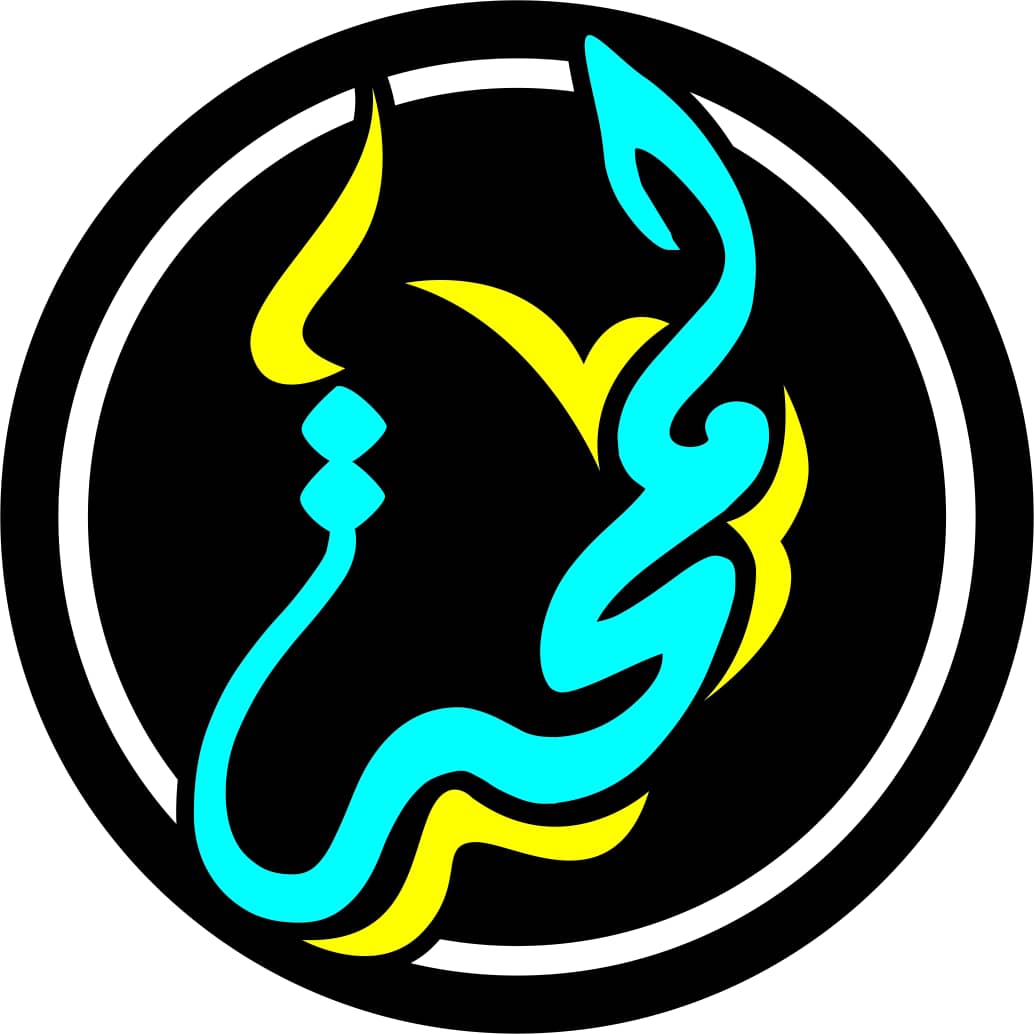By GEORGE JAHN, Associated Press Writer
A top Iranian official handed information on his country's nuclear program to the International Atomic Energy Agency Thursday in a last-minute move to temper the critical tone of a report to the U.N. Security Council.
The chief of the U.N. nuclear watchdog, Mohamed ElBaradei, will issue a report Friday on Iran's nuclear program that diplomats said is expected to conclude that Tehran has failed to meet a deadline for complying with council requests to suspend uranium enrichment.
That would set the stage for a confrontation at the Security Council on what to do in response to Iran's defiance, with the five permanent veto-wielding members sharply divided over the possibility of sanctions.
Secretary of State Condoleezza Rice said it was time for the Security Council to act and suggested a strong response was needed if the world body wished to remain credible.
"The Security Council is the primary and most important institution for the maintenance of peace and stability and security and it cannot have its word and its will simply ignored by a member state," Rice told reporters at a NATO foreign ministers' meeting in Sofia, Bulgaria.
She said it was "pretty clear" that Iran would not meet the requirements of suspension and other points set out by a council statement in March.
Quick action by the council to impose economic or political sanctions seems remote as Russia and China oppose such moves.
The United States, France and Britain, however, say if Tehran does not meet the deadline, they will make the enrichment demand and other conditions compulsory and they want punitive measures to stay on the table.
Iran remained defiant, with its U.N. ambassador, Javad Zarif, saying Tehran will refuse to comply with any Security Council resolution aimed at halting its nuclear enrichment program because its activities are legal and peaceful and pose no threat to international peace and security.
U.S. Ambassador John Bolton already has said he plans to introduce a resolution requiring Tehran to comply with the council's demand to stop its enrichment program. The resolution would not call for sanctions now, but it would be introduced under Chapter VII of the U.N. Charter, which allows for sanctions and is militarily enforceable.
Asked how Iran would respond to such a resolution, Zarif replied: "Well if the Security Council decides to take decisions that are not within its competence, then Iran does not feel obliged to obey."
Iran's deputy nuclear chief, Mohammad Saeedi, met with Olli Heinonen, the IAEA's deputy director general in charge of Iran's nuclear file, Thursday but diplomats said the meeting was unlikely to blunt the report's main finding — that Tehran has ignored council requests to suspend enrichment.
The diplomats spoke to The Associated Press on condition of anonymity because they are not authorized to discuss confidential details of the IAEA's Iran probe.
Iran's hard-line president, Mahmoud Ahmadinejad, also vowed that "no one" could make his country give up nuclear technology. Enrichment can be used to generate fuel or make the fissile core of nuclear weapons.
Russian President Vladimir Putin, meanwhile, insisted the U.N. nuclear watchdog should continue to play a central role in the dispute. "It mustn't shrug this role from its shoulders and pass it on to the U.N. Security Council," Putin said.
But a top French diplomat laid out a starkly contrasting position reflecting U.S. and British views: The Security Council should not only have primacy in dealing with Iran but also should start considering how to up the pressure. But, the diplomat said, a U.N. resolution would not automatically mean resorting to military action.
The Security Council adopted a statement a month ago giving Iran until Friday to suspend all activities linked to enrichment because it can be used to make the highly enriched uranium used in the core of nuclear warheads.
Instead of complying, Iran — which says it seeks the technology only to generate electric power — has upped the ante in recent weeks, announcing it had for the first time successfully enriched uranium and it was doing research on advanced centrifuges that would let it produce more of the material in less time.
Gholamreza Aghazadeh, Saeedi's superior and head of Iran's nuclear program, met Wednesday with ElBaradei and Heinonen. But a senior diplomat accredited to the agency said Thursday that Aghazadeh "made no new overtures" regarding suspending enrichment.
They said ElBaradei's report also would likely be critical of Iran for defying a council request to provide information meant to address suspicions that it might be seeking to make nuclear weapons.
Other diplomats and European officials told AP that the United States — the chief backer of tough measures meant to gain Iranian concessions on its nuclear program — already had asked for an informal Security Council meeting Wednesday to discuss the report and how to respond to it.
But China's U.N. Ambassador Wang Guangya said he doesn't expect any serious discussion until after a May 2 meeting in Paris of political directors of the six key parties negotiating on Iran — the United States, Russia, China, Britain, France and Germany — and a follow-up meeting on May 9.
Western concern has grown since 2002 when Iran was found to be working on large-scale plans to enrich uranium.
While the IAEA has found no "smoking gun" proving Iran wants nuclear arms, a series of reports have revealed worrying clandestine activities — like plutonium processing — and documents, including drawings of how to mold weapons-grade uranium metal into the shape of a warhead.


















.png)




0 comments:
Post a Comment